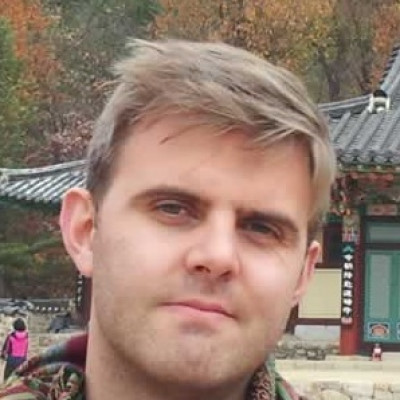Sessions /
A New Normal? Reflecting on the Opportunities and Costs of a Year of Mass Remote Learning
#1143
In response to the pandemic crisis, the Korean Ministry of Education had to create a universal response to ensure the standardized quality of the Korean higher education system, and to allow enrolled students to continue their studies. Using a set of measures for recorded and live classes these rigid rules provided some assurance that a set of standards could be maintained, a key factor considering the peninsula’s growing dependence on overseas students. Almost one year on, as a new academic year prepares to roll out on-line, do these measures provide a glimpse of an online future of higher education, or do they remain a set of necessary measures ready for lifting once the pandemic eases? There has been long-term discussion on what university actually means in the modern world, as higher education and institutions have shifted from small scale centres of scholarship to large scale global centres of learning. How learning should take place within higher education is a pressing issue brought even more to the fore by concerns on integrating educational technology and new pedagogies in a more digitized era. Has the experience of remote learning highlighted the importance of well-rounded and contextualized pedagogy, or has it exposed limits and weaknesses in tertiary learning? This workshop considers the pedagogical implications of the past 12 months, the economic factors involved, and the teleological issues at the heart of online learning. It will offer discussion sessions for sharing the experiences of the past 12 months and build up a reflective framework for participants to consider the purpose and goals of what is taking place within the remote learning space and what lessons can be learned and applied going forward.
This presentation is brought to you by the MCALL Special Interest Group.
